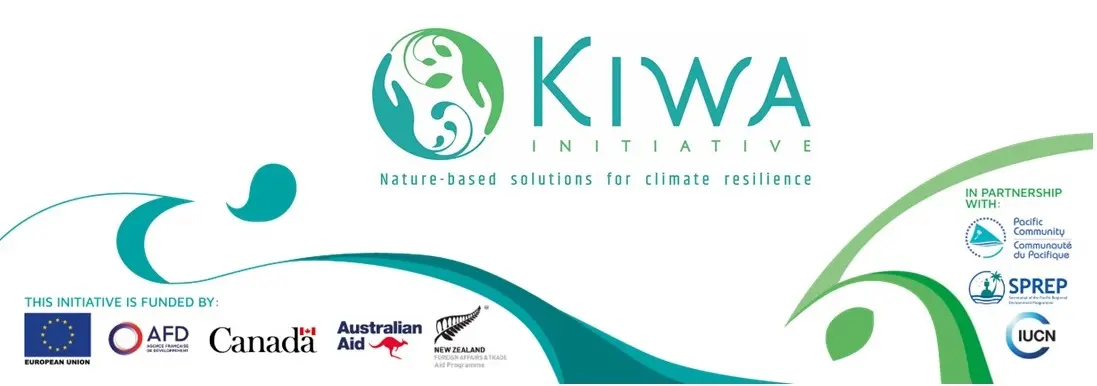Skill-building trainings promote disaster readiness and forest protection
Facing severe problems due to climate change and losing flora and fauna diversity, the Samoa Conservation Society (SCS) is working towards minimising the impacts using Nature-based Solutions (NbS).
The Kiwa Initiative plays a significant role in enabling organisations like SCS, to undertake essential environmental projects. Focusing on NbS and climate change adaptation empowers vulnerable communities to develop necessary skills and resilience against environmental changes.
By offering funding and resources, the Kiwa Initiative through SCS facilitated hands-on trainings in first aid, forest restoration, and identification of native and invasive species.
Learning new skills can improve communities’ livelihoods while at the same time prepare them for emergencies, enabling them to be more resilient in dealing with changing weather patterns in the long run.
Recently, the team have completed trainings in three locations on basic first aid, forest maintenance, and species recognition.
These lessons help communities learn useful abilities for jobs in ecotourism, tree farming, or and responsible wood collection, promoting a balanced society and enhancing forest restoration success.
Women gain confidence, skills, and knowledge through first aid training and forest restoration. These women can lead and advocate for responsible forest management, impacting decisions everywhere.
Involvement in training brings together various groups, like women's clubs, neighbourhoods, NGOs, and government agencies. Cooperation makes forest restoration more inclusive and produces better outcomes for the environment and local communities. The Samoa Fire and Emergency Authority, with a contract from the Samoa Conservation Society, ran the training.
Training in Identifications of Samoan Native & Introduced invasive species
By training maintenance teams in first aid and forest restoration, they positively impact the environment, instil pride, and distinguish your organisation's commitment conservation.
Interacting with visitors, trained staff can share knowledge about native plants and animals, adding value and cultural awareness. Native plants and animals are safeguarded when invading species are identified early on and their spread is stopped.
Identifying native Samoan species trains community members to care for local ecosystems, maintain landscapes, and support biodiversity preservation. Overall, training contributes to the health of ecosystems and enhances employee satisfaction.
The project implemented by Samoa Conservation Society titled “Improving the management and restoration of O Le Pupu Pu’e National Park in Samoa” is part of the Kiwa Initiative, financed by the European Union, Agence Française de Développement, Global Affairs Canada (GAC), Australian Government Department of Foreign Affairs and (DFAT) and New Zealand Ministry of Foreign Affairs and Trade (MFAT). Their combined goal is protecting resources, reinforcing coastal defences, and strengthening resilience of communities in the Oceania region. The Kiwa Initiative has established partnerships with the Pacific Community (SPC), the Secretariat of the Pacific Regional Environment Programme (SPREP) and the Oceania Regional Office of the International Union for Conservation of Nature (IUCN).


